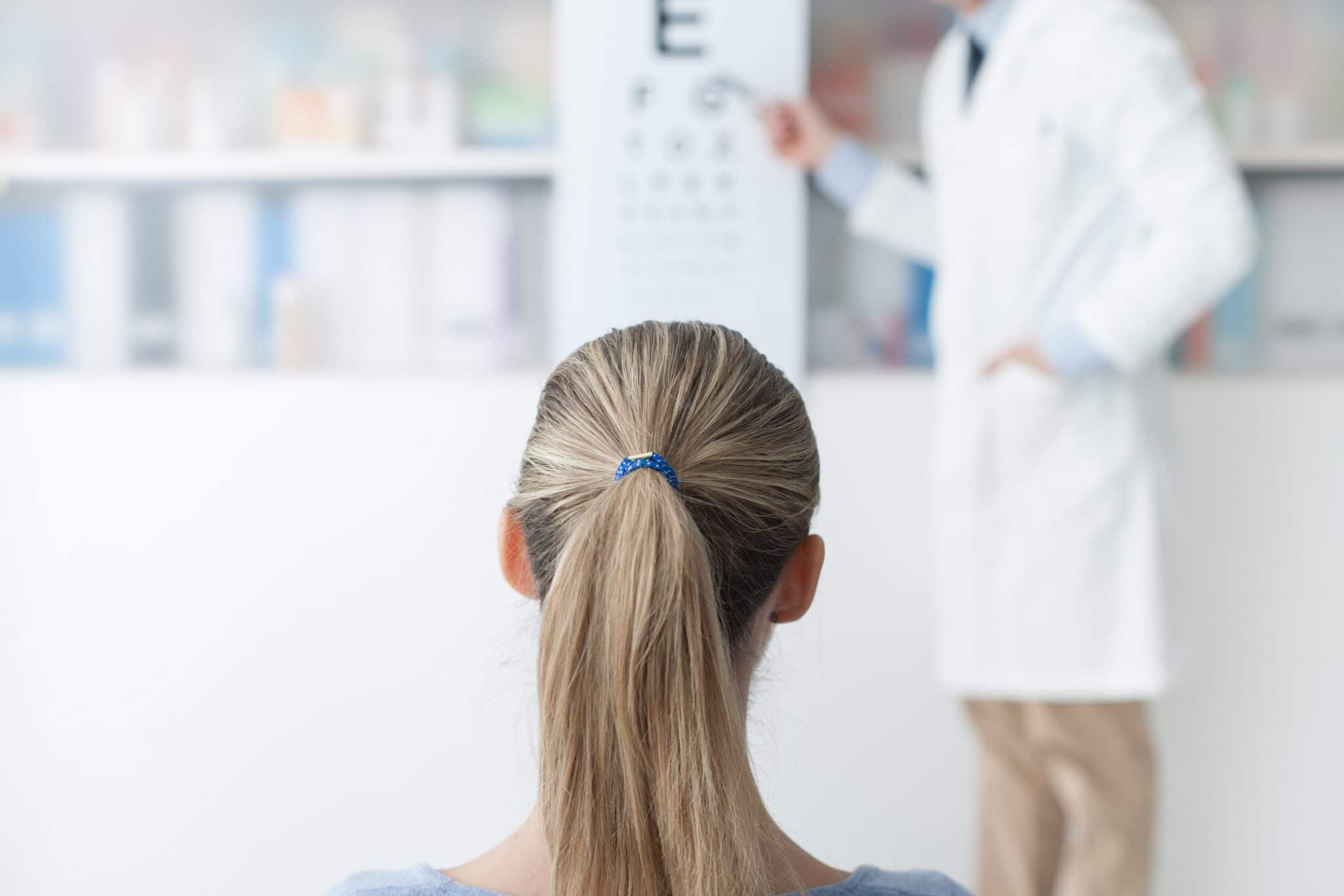Many people in the UK indulge frequently indulge in alcohol and so more and more we are beginning to hear encouragement to reduce our intake. With so many of us beginning to participate in alcohol-free stints such as ‘Dry January’, let’s discuss the health benefits that stopping drinking might have on our eyes.
Heavy drinking can lead to several eye health problems, including symptoms associated with Dry Eye. Ever noticed your eyes looking more blood shot after a night of binge drinking? That’s swollen blood vessels and they can also cause itchiness, irritation and fluctuation in vision.
How about noticing your eyelids twitch? That may be associated with swelling or inflammation which can also cause an increased sensitivity to light. Although many of these symptoms are only minor and usually go away, long term alcohol abuse could permanently damage the optic nerve.

Dry January – Timeline
24 Hours: What happens to your eyes when you stop drinking?
Blood sugar levels increase when drinking alcohol, this can cause the eye lens to swell, reducing the ability to see and causing blurred vision. 24 hours of no alcohol; blood sugar levels will normalise and vision impairment returns to normal.
Within a week:
Heavy drinking can make your body dehydrated as alcohol is a diuretic, this can lead to dry eye, which occurs when there aren’t enough tears to hydrate the eye. This can cause irritation and reduced vision. There is also a heightened risk of infection.
After a week of no alcohol and enough water intake, your body will have normal hydration levels and the effects of dehydration will be reversed.
Within 2 weeks:
Blood pressure should also start to lower and normalise within 2 weeks of no alcohol. High blood pressure can lead to hypertension and subsequently hypertensive retinopathy, which can lead to damage in the retinal blood vessels – the area at the back of the eye which focuses an image.
Within 3-4 weeks:
The white part of your eye (the sclera) can become yellowish if there is liver damage, associated with years of drinking. This is caused by a build-up of old red blood cells which the liver cannot remove. Within 3-4 weeks, your liver will start to benefit from the positive effect of abstaining from alcohol. As it sheds excess fat, functions are restored.
Within a month:
After a month without alcohol, the red blood cells have begun to renew and blood flow and oxygen supply to your organs, including your eyes, has improved. Good circulation is vital to maintaining good eye health and preventing disease and damage, such as glaucoma and macular degeneration.





